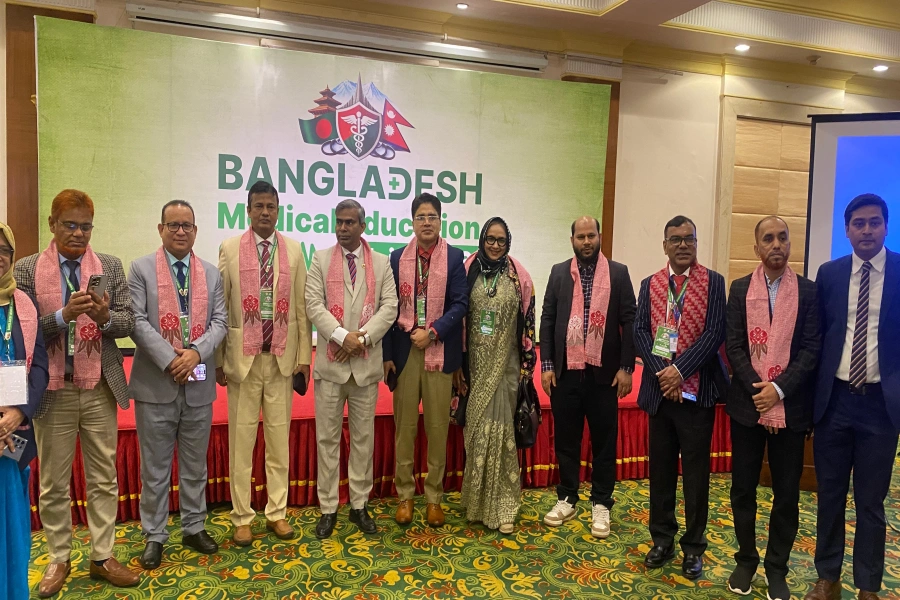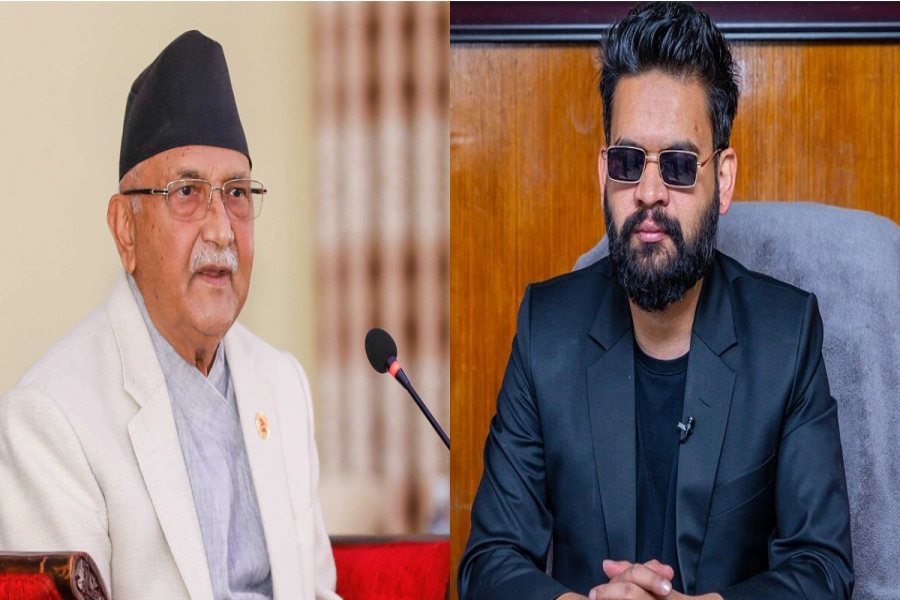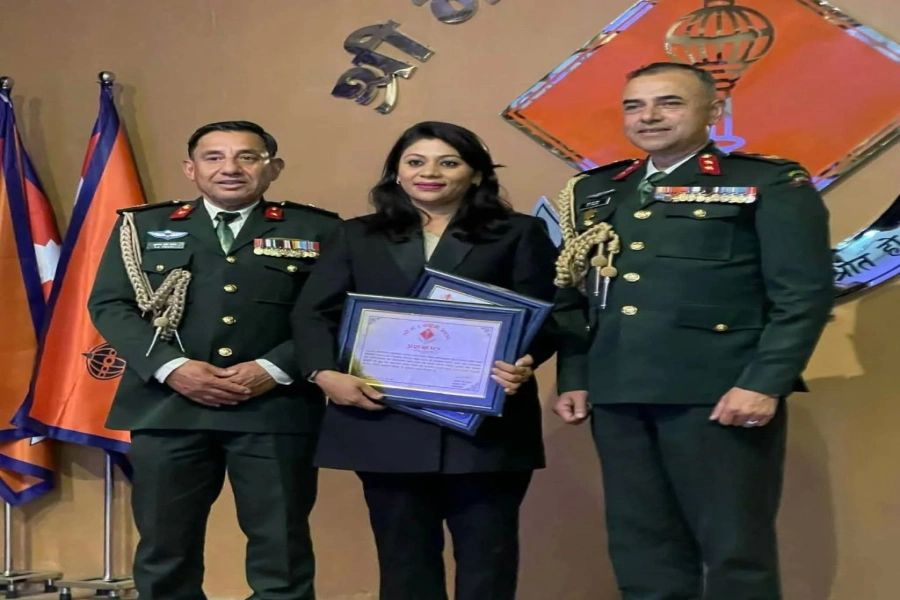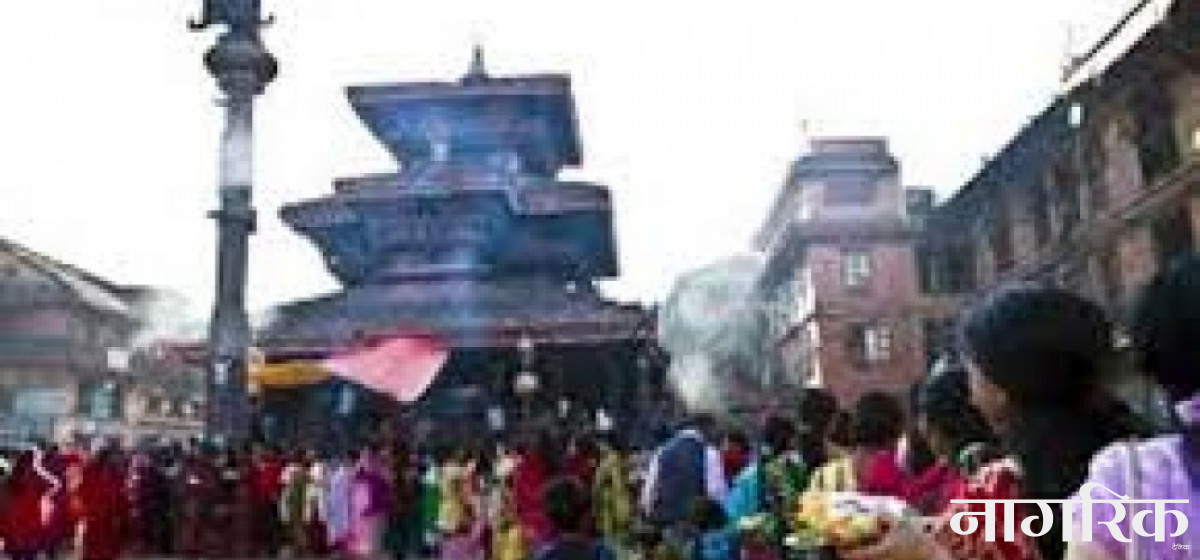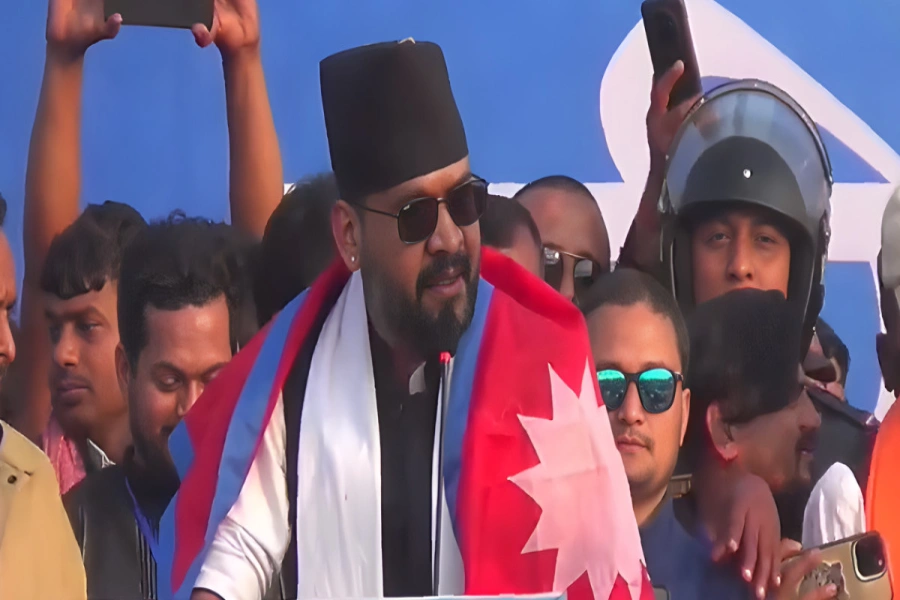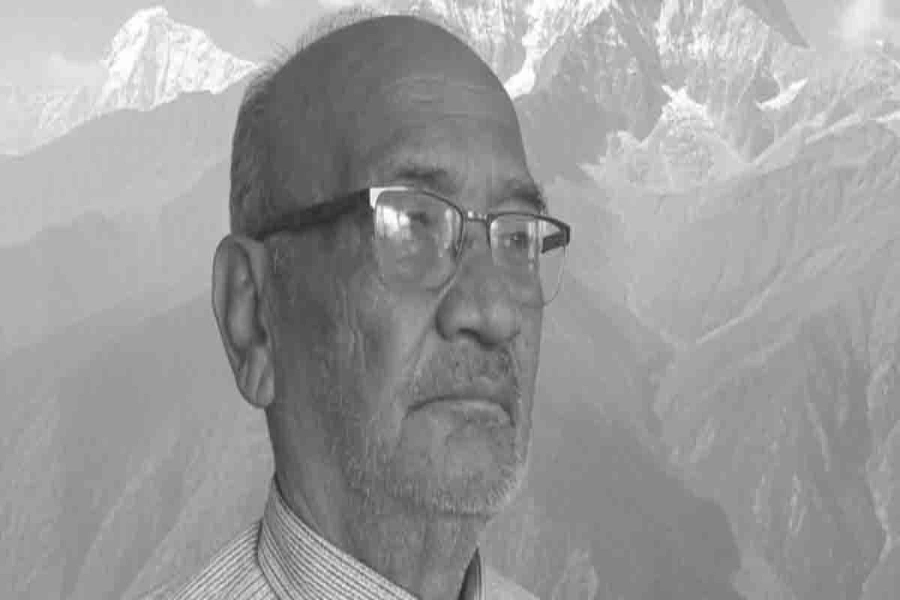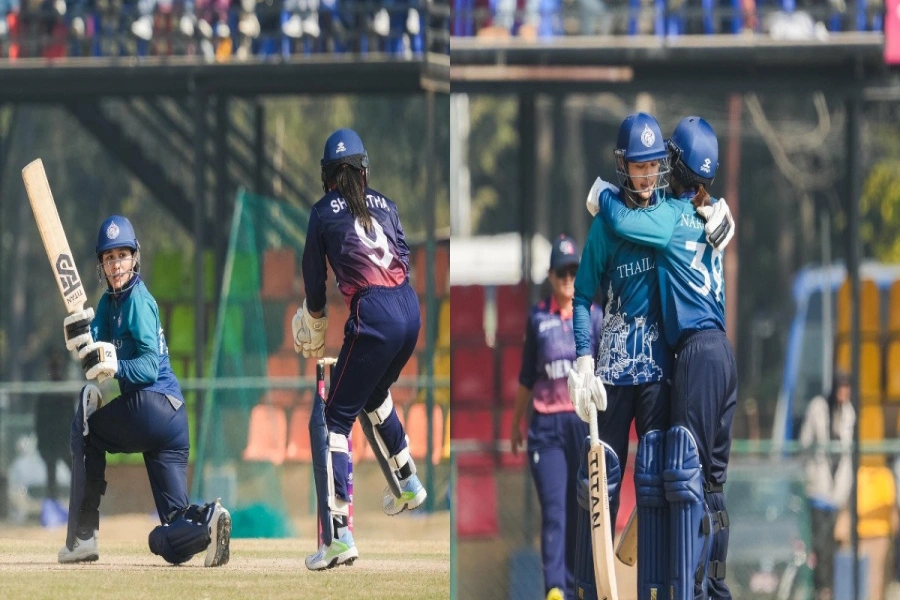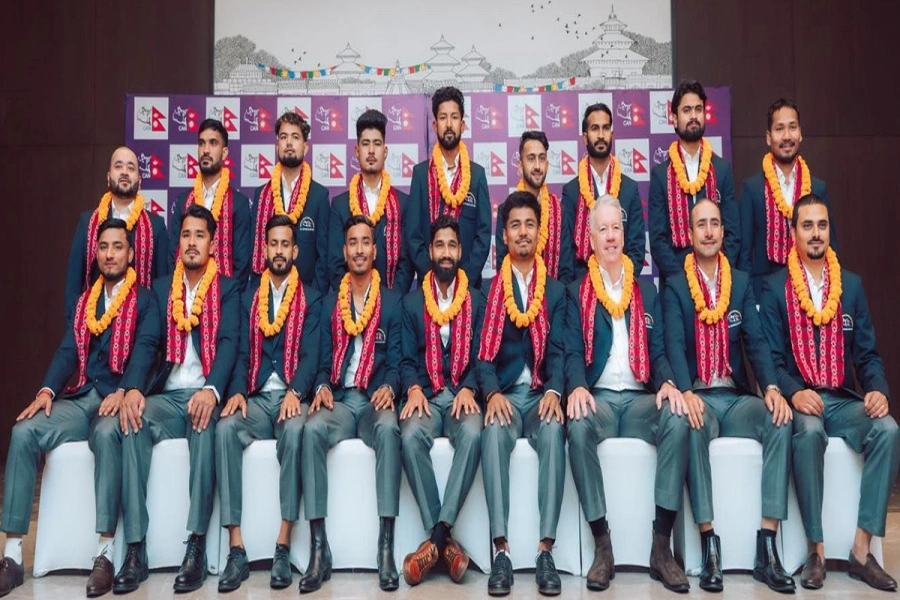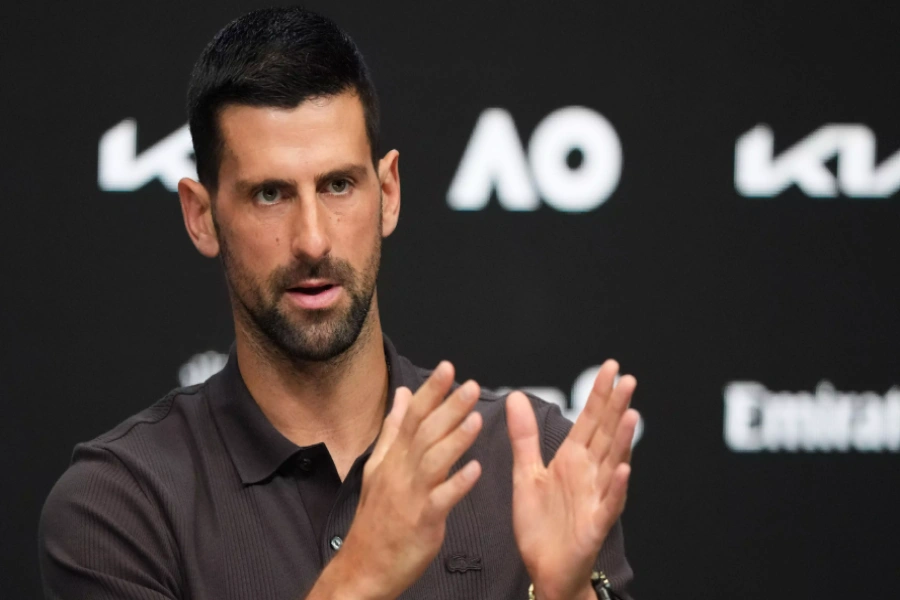I often wrote poems and sent it to the program, and when my poems were read on air, it would inspire me further.
I slowly began writing essays and other simple fiction. I even received several awards from my school and other places. [break]The awards encouraged me, and my love for writing only grew stronger.
Until 2003, I possessed a massive collection of poems, but my works on fictional stories were reasonably less. My friends often encouraged me to publish my poems, but since I was very critical of my own writing at that time, I didn’t do so. Also, I’ve always believed that stories possess a larger communicating proficiency compared to poems.
How I began working on my book Urgenko Ghoda is quite a funny tale. One day, some friends and I were attending a gathering which had the presence of highly acclaimed Nepali writers. One of my friends unexpectedly announced that I was working on a novel, which of course, I was not. Right from the next day, however, I began the rough draft.
Although I completed the first draft in one year, I wasn’t happy with the final outcome. I abandoned it, and began working with a fresh idea. The good thing, however, was that by then I had equipped myself with various technicalities of novel writing. I was at ease with scene development, plotting, and characterization. After a year, I had completed some 125 pages; but again, it was unsatisfactory.
I need solitude for writing. So this time, I locked myself in a room at the Avocado Hotel in Hetauda for quite a few days. I completed the piece and shared it with some of my close friends. We had many brainstorming sessions, and once again I was in the same room oatthe same hotel for another fifteen days. Finally, I came out with my final work.
The journey of my book before reaching the press, however, wasn’t over. In fact, my book never got published. The moment I completed writing the final draft of my book, I went down for a coffee in the hotel’s café. When I returned, I found out that my laptop had been stolen. I was disheartened since I had already given my publishers the date of the draft submission. But my friends came to my rescue – they bought a new laptop for me and encouraged me to write again. I managed to rewrite the book in another fifteen days.
Although the experience was unpleasant, the good thing about it was that I was able to understand my characters better. They came alive and I felt as if they could stand before me and converse with me. Then on April 10, 2010, my manuscript had a shape, it was now a book. I would like to dedicate my book to all my friends and also to the many national and international writers who inspired me.
If I had to name a few of my favorite books I would list The Sound and the Fury by William Faulkner, The Autumn of the Patriarch by Gabriel García Márquez, The Motorcycle Diaries by Ernesto “Che” Guevara, and Toribari, Bata Ra Sapanaharu by Parijat.
The quote that inspires me the most would have to be the one by Albert Einstein: “The most beautiful thing we can experience is the mysterious. It is the source of all true art and science.”

(Photo: Bijay Gajmer)
I believe that art (literature included) stems from the pursuit of understanding the mysterious. I like Einstein’s effort to identify the importance of imagination in unfolding the mysteries of art and science. As Einstein mentions, reading alone can’t help creativity, one must explore the mysteries of the world and life system. Beauty can be found in all walks of life if we take interest in the mysterious.
Yug Pathak is the author of Urgenko Ghoda, which was released on April 10, 2010.
(As told to Sahara Sharma)
Seto Ghoda Jatra concludes in Bhaktapur






